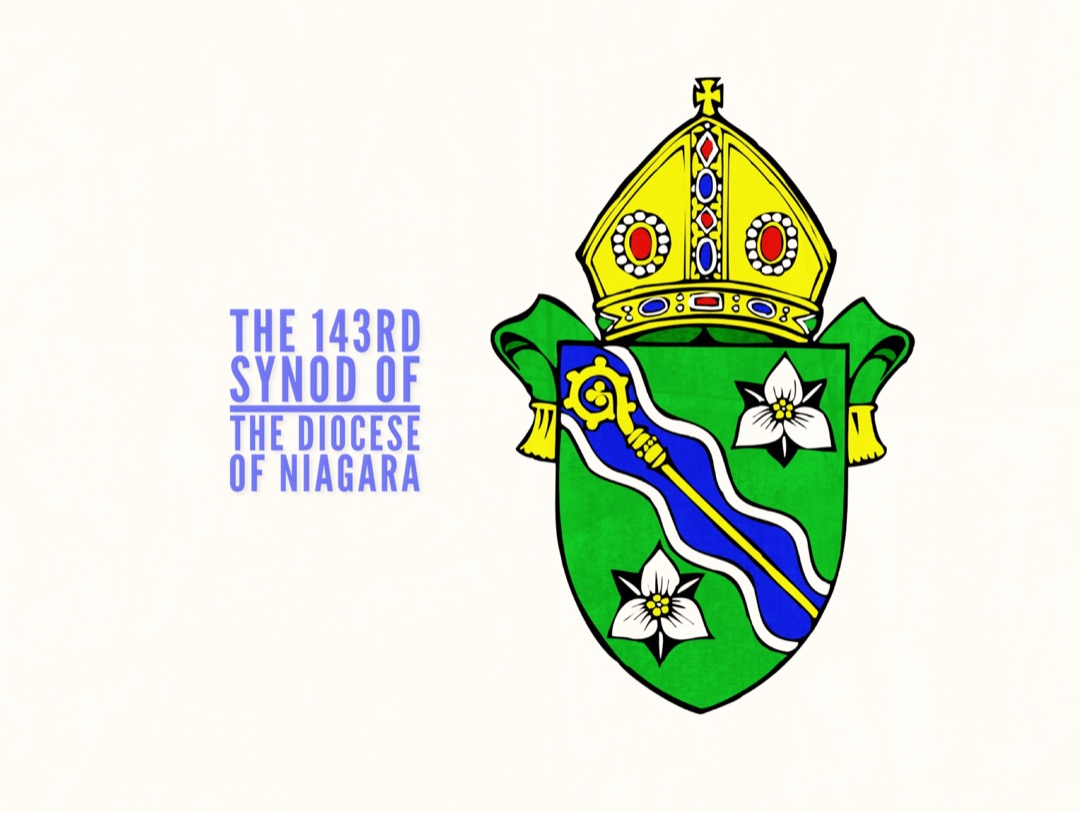by Michelle Boomgaard
I attended my first-ever synod in the Anglican Church of Canada in November.
As someone who worked for decades in the Episcopal Church (USA) as a layperson and a priest, I have attended a number of Diocesan Conventions.
Conventions vary somewhat from one diocese to another — some are held in cathedrals, others in larger churches or nearby convention centers; some dioceses have resolutions on controversial issues, others only courtesy resolutions thanking the hosts.
However, there were some ways in which the Niagara Synod differed from what I have experienced thus far.
One main contrast is the business of the two gatherings. In most conventions, one main purpose is electing people to a variety of diocesan positions, from cathedral chapter to the commission on ministry to disciplinary committees, to governance committees (Council or the Committee on Constitution and Canons), as well as representatives to the larger (triennial) General Convention of the Episcopal Church.
The names of candidates and their biographies often constitute a large part of the preconvention materials, and voting usually begins shortly after worship on the first day. This allows time to count ballots, and for a second (or in rare instances, third) ballot to break ties. These committees do a lot of diocesan work, then report back to convention, usually in written reports.
With less time devoted to this kind of voting, it seemed there was much more time for other things.
I was very impressed by the ways in which the heritage of Canada was recognized and came through in Synod — beginning with Bishop Bird’s recitation of the territorial acknowledgement noting the peoples who had lived in the Hamilton area before the Europeans arrived.
I also felt there was a lot of time at synod to draw inspiration from the good work being done in Niagara and the larger Church. I really appreciated the work the staff had done to make the Cathedral space conducive to holding a meeting — like all the video screens, the good sound system and the thoughtfulness of the layout.
All in all, I would say my first-ever Canadian Anglican Church Synod was a great experience.
The Reverend Michelle Boomgaard is Rector of St. Christopher’s Burlington.

Disability Theology and it’s Promise for our Church